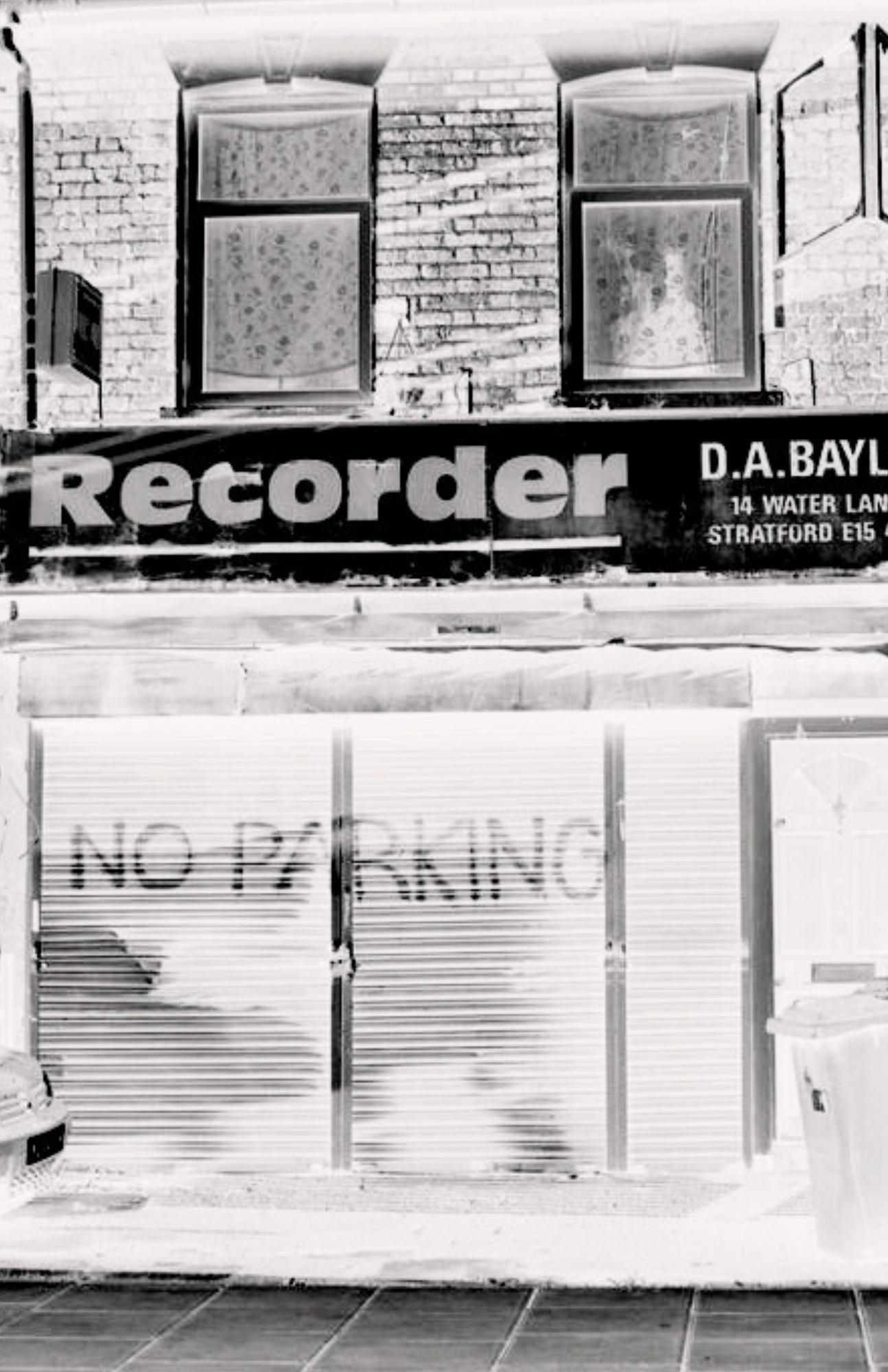DRILLMANIA
By Noah Jalango
We all share this idea of what superstardom looks like: private planes, flashing cameras, mobs of voracious supporters.
On February 7, 1964, all of these stereotypes could be found at John F. Kennedy International Airport.Thousands of young fans and hundreds of reporters lined the streets and rooftops, desperate for a glimpse of the passengers arriving on Pan American World Airways’ Flight 101. The plane touched down, its door opened, and the screaming reached its climax. All that mattered in that moment were the four young Brits stepping off the plane.
Two nights later, that fervent infatuation would spread to 77,000,000 Americans tuning in to watch The Beatles’ debut performance on The Ed Sullivan Show. America had fully come down with a case of BEATLEMANIA.
This 1960s “mania” is indicative of a larger element of Americana: our obsession with British culture. Think Princess Diana’s wedding. Chef Gordon Ramsey’s colorful insults. Prince Harry and Meghan Markle. We love to obsess over trends and person-alities that feel foreign and unique yet have something familiar about them that we can relate to. It’s why I love to watch the UK reality show Love Island but can’t stand the American version. The premise is the same in both series, but I see less of a reflection of the stereotypical Americanness that I’m surrounded by everyday. Plus, they’re speaking English still — and they have those cool accents.
Right now, we are in the midst of another British-inspired musical fixation. This time, it’s Drillmania.
Drill music was created in the South Side of Chicago in the early 2010s as a unique evolution of the drum-machine-heavy trap music sound that had developed in the Southern United States almost twenty years prior. Drill music painted a blunt picture of the violence in life on the South Side. With the help of YouTube, artists like Chief Keef, (early) Lil Durk, Fredo Santana, and Lil Reese (“Us”) — alongside notable producer Young Chop — became local household names in Chicago and across the country. Chief Keef’s “Love Sosa,” arguably his most popular song to date, found success on the Billboard charts, peaking at #56 on the US Billboard Hot 100 and #16 on the US Hot R&B/Hip-Hop Songs.
Despite the success of a few records, drill music didn’t have staying power in mainstream American music. It was quickly surpassed in popularity by the aforementioned trap music — a genre that is still popular in both the American and global music markets.
Meanwhile, in the UK, a number of up-and-coming rappers based in South London (specifically Brixton) stumbled upon Chief Keef and this Chicago drill sound. They resonated with the lyrics of street culture and gang violence as well as the aggressive, in-your-face drums.
Feeling inspired, artists like Stickz (“It’s Cracking”) and groups like 67 took Chicago’s sound in the mid-2010s and replicated it, spitting lyrics based on their experiences in their neighborhoods. Over the next five years, British producers like Carns Hill, AXL Beats, Ghosty, 808MeloBeats, MKThePlug, and M1OnTheBeat were influential in pushing UK-style drill in a fresh, original direction.
Their additions of an expressive sliding bass and a polyrhythmic percussion and snare pairing helped distinguish the sound from its American predecessor. Soon, artists and groups including Harlem Spartans, Loski (“Money and Beef”), Moscow17 and Unknown T (“Homerton B”) were at the forefront of a new era of rap music in the United Kingdom.
So where exactly does this current American obsession with British music come into play? Enter the late Pop Smoke.The young Brooklyn-based rapper burst onto the scene in 2019 with a number of singles — including “Flexin’” and “Welcome to the Party” — before dropping his debut mixtape, “Meet the Woo.” Sonically, these songs are UK drill songs. If you listen closely to these beats and compare them to some of the other UK drill songs referenced above, they are stylistically identical. The majority of the songs released by Pop Smoke in 2019 were, in fact, produced by UK drill producer 808Melo. Yes, the same British producer involved in honing the UK drill sound across the pond. Pop Smoke’s speedy ascent toward the pinnacle of the rap scene exposed a truth in America’s feelings toward drill music: it wasn’t until the sound was someone else’s that we decided we wanted it.
Yet, UK drill faced a difficult task in breaking into the American mainstream. When it comes to rap music and, more broadly, hip-hop, Americans – specifically Black Americans – can be very picky. The history of Black Americans is inextricably linked to the music and culture we create, so anything trying to become a part of the culture needs to be verified by the culture itself or someone representing the culture. The success of Pop Smoke, in essence, gave UK drill that (Black) American Seal of ApprovalTM.
As more Americans gave UK drill music a try, they began to recognize the lyrical similarities to much of our own rap music. And the parts of the music that were different – the sound itself, accents of the rappers, British cultural references, etc. – highlighted the sound’s originality amidst an arguably stagnating era of trap music. Soon, listeners and artists alike began to see the freshness and musical possibilities with UK drill in the American music market.
Pop Smoke played a key role in popularizing drill when it returned to the U.S., and his thick Brooklyn accent and repping of the city created a hotbed for other New York rappers to embrace this “new” sound. Fivio Foreign, another Brooklyn native and rapper, followed a similar musical path, with much of his early work produced by AXL Beats — one of those influential UK drill producers. Soon dubbed “Brooklyn drill,” the sound achieved more commercial success than ever in 2019 and 2020. Major American music powerhouses like Nicki Minaj (“Welcome To The Party Remix”), Travis Scott (“Gatti”), Kid Cudi (“Show Out”), and Kanye West (“Off The Grid”) all featured on or released Brooklyn-style drill songs within the next year. Even Drake, an impact player in American pop culture despite his Canadian background, helped amplify the UK drill sound into the US mainstream (“War").
Many of these songs featured production from British producers 808Melo and AXL Beats. Today, America’s love affair with drill music has reached a new level of popularity. Enter Ice Spice (“MUNCH”). The Bronx-based drill rapper has seen an astonishingly rapid rise and is one of the hottest artists in the country right now. Like British rock in the 60s, drill music has become fashionable and has crossed over into its mainstream pop music era. Rather than the dark, eerie-sounding piano, string, or vocal samples that typically personify the genre, artists are sampling pop songs from the early aughts and flipping them into drill beats (Lil Tjay — “IN MY HEAD”). This is a trend that has helped songs find virality on social media platforms like TikTok and Instagram.
The release of Greta Gerwig’s ‘Barbie’ movie — arguably the biggest pop culture moment of the year in conjunction with Christopher Nolan’s ‘Oppenheimer’ — included a song featuring Ice Spice and Nicki Minaj that flipped the iconic “Barbie Girl” song into a drill beat (“Barbie World”). In just under two months since its debut, the film has become Warner Bros.’ highest grossing global release at over $1.3 billion dollars so far, and the “Barbie World” song itself has gained over 200 million streams on Spotify.
Thanks to our love of all things British, drill music has taken center stage in the American mainstream, yet it’s easy to get so caught up in the hype that we fail to acknowledge its origins. The sound of the South Side of Chicago deserves its flowers. Without its influence on UK and Brooklyn drill, America never would’ve found its latest fad.

